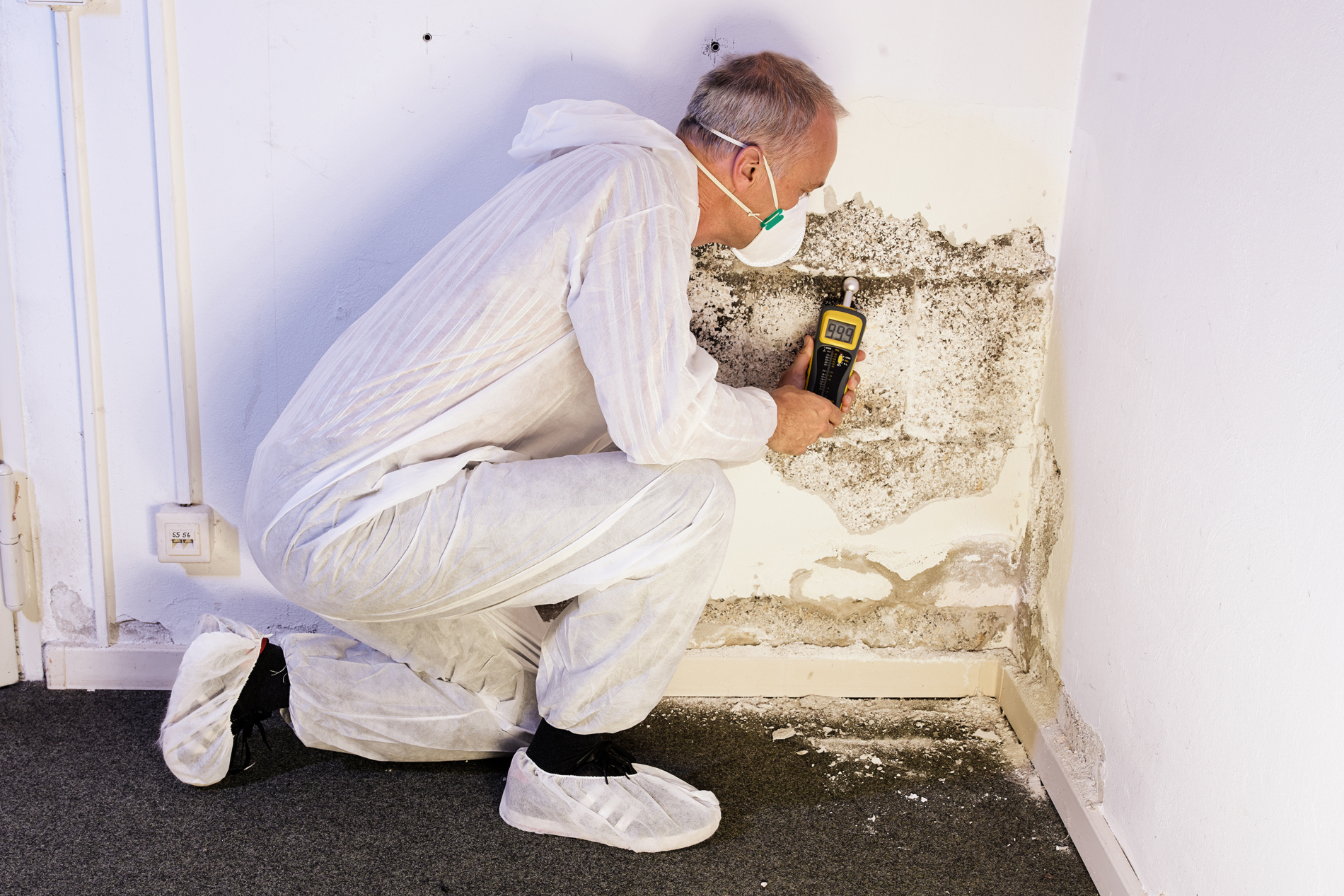
Dallas, Texas, with its characteristic humid subtropical climate, unfortunately provides a conducive environment for mold growth within homes and businesses. While some level of mold is naturally present, unchecked proliferation indoors can pose significant risks to both human health and the structural integrity of properties. Engaging professional mold inspection services in Dallas, TX, is a crucial step in identifying and addressing these hidden threats, ensuring a safe and healthy indoor environment for occupants.
The Importance of Professional Expertise in Mold Detection
While DIY mold test kits are readily available, they often lack the accuracy and comprehensiveness of a professional inspection. Mold often thrives in concealed areas – behind walls, under flooring, in attics, crawl spaces, and within HVAC systems – making visual detection unreliable. Professional mold inspection dallas possess the trained eyes, specialized equipment, and in-depth knowledge to conduct a thorough and accurate assessment that goes far beyond surface-level observations.
Professional mold inspection services in Dallas offer several key advantages:
Accurate Identification of Hidden Mold: Utilizing advanced tools such as moisture meters, thermal imaging cameras, and borescopes to detect elevated moisture levels and potential mold colonies in concealed areas.
Pinpointing Moisture Sources: Identifying the underlying causes of mold growth, such as plumbing leaks, roof damage, condensation issues, or inadequate ventilation. Addressing these root causes is essential for effective remediation and preventing recurrence.
Comprehensive Air Quality Assessment: Conducting air sampling to measure the concentration and types of airborne mold spores, providing critical information about potential health risks.
Surface and Bulk Sampling for Identification: Collecting samples from visible mold growth or affected materials for laboratory analysis to determine the specific mold species present, some of which are more allergenic or toxic.
Detailed Reporting and Recommendations: Providing a comprehensive written report outlining the findings, including photographic evidence, moisture readings, laboratory results, and clear, actionable recommendations for remediation and preventative measures.
The Professional Mold Inspection Process in Dallas
A thorough inspection conducted by qualified Dallas professionals typically involves a systematic approach:
Initial Client Consultation: Understanding the client's concerns, history of water damage, and any reported health symptoms.
Comprehensive Visual Examination: A meticulous inspection of all accessible areas, looking for visible mold growth, water stains, discoloration, and conditions conducive to mold.
Moisture Mapping: Utilizing moisture meters to identify areas with elevated moisture content within building materials.
Thermal Imaging: Employing thermal cameras to detect temperature variations that may indicate hidden moisture issues.
Air and Surface Sampling: Collecting air samples from various locations inside and outside the property to measure airborne mold spore concentrations. Surface samples (swabs or tape lifts) may be taken from areas with suspected mold growth for laboratory analysis.
Bulk Sampling (if necessary): In cases of significant visible mold, physical samples of affected materials may be collected for laboratory analysis.
HVAC System Inspection: Examining the heating, ventilation, and air conditioning system, as it can be a significant source and distributor of mold spores.
Detailed Report Generation: A comprehensive written report summarizing the findings, including laboratory results, moisture readings, potential sources of mold, and specific recommendations for remediation and preventative measures.
Choosing the Right Professional Mold Inspection Service in Dallas
Selecting a qualified and reputable mold inspection service in Dallas is crucial for accurate results and effective recommendations.
Consider the following factors:
Licensing and Certifications: Verify that the company and its inspectors hold relevant licenses and certifications, demonstrating their expertise and adherence to industry standards.
Experience and Reputation: Look for a company with a proven track record and positive client testimonials.
Impartiality: Choose a company that focuses solely on testing and does not offer mold remediation services to avoid potential conflicts of interest.
Comprehensive Testing Methods: Ensure the company utilizes various testing methods, including air and surface sampling, and sends samples to an independent, accredited laboratory for analysis.
Detailed Reporting: The company should provide a clear and comprehensive report outlining the findings and recommendations.






